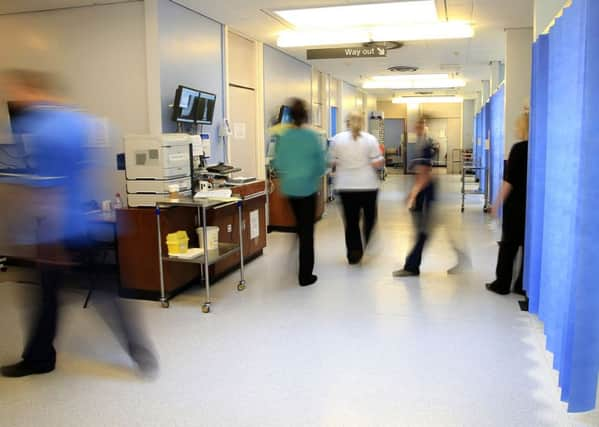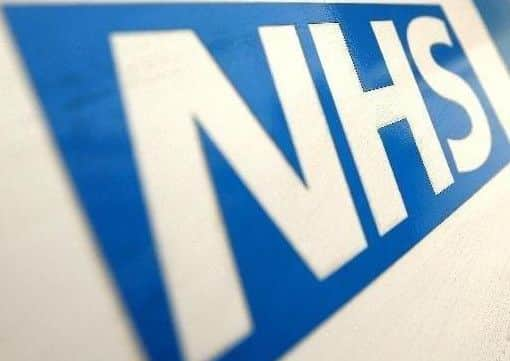Government to blame as '˜bed blocking' in Yorkshire rockets by more than a third, union says


A new report from the GMB union has revealed that the number of delayed days, when the discharge of patients fit enough to leave hospital is delayed due to waits for the likes of care home places or further NHS assessments, increased by 32 per cent in the county between 2011 and 2015. The average rise across England was 26 per cent.
Hospitals in Yorkshire recorded a staggering 147,316 delayed days in 2015, which the union claims is largely due to severe Government cuts to local authorities’ adult social care budgets.
Advertisement
Hide AdAdvertisement
Hide AdThe problem worsened the most at hospitals in Sheffield, which recorded almost 24,000 delayed days in 2015 – more than triple the 7,000 total of four years earlier.


Leeds Teaching Hospitals NHS Trust (LTH) recorded the highest overall total in Yorkshire, with more than 36,000 delayed days in 2015 – 12,000 more than in 2011.
Earlier this year it was revealed that Yorkshire trusts spent £32million on care for patients fit enough to leave their hospital beds in 2014/15.
Neil Derrick, GMB regional secretary, said: “Bed blocking, which is a millstone around the neck of the NHS, has got considerably worse since the Tories took control of the nation’s finances.
Advertisement
Hide AdAdvertisement
Hide Ad“Bed blocking is now a problem made in Downing Street and the Prime Minister and the Chancellor of the Exchequer are wholly responsible for it.


“The severe cuts in local authorities’ social services provision is the major contributory factor for bed blocking getting worse.”
Bed blocking is known to cause backlogs in areas like A&E due to a lack of acute beds being available for new patients in urgent need.
In 2015 in England, NHS trusts recorded almost 1.75m delayed days, which is a marked increase on the 1.38m in 2011.
Advertisement
Hide AdAdvertisement
Hide AdDelays in finding care home places were the problem in more than a quarter of cases, while sorting out patients’ homes, interagency delays and waits due to family choices about future care were also big issues.
Mr Derrick added: “Councils have had to shunt the problem to the NHS. Councils have not been able to accept the patients from the NHS because they have been starved of funds.”
Large increases in delayed days were also recorded at trusts in Kirklees (7,056), Calderdale (5,494) and Wakefield (4,767) but the issue is significantly worse in Sheffield and Leeds.
A spokesman for Sheffield Teaching Hospitals NHS Foundation Trust explained that the figure for Sheffield was for the whole local authority area as the trust recorded 18,545 delayed days in 2015.
Advertisement
Hide AdAdvertisement
Hide AdHe said: “We will continue to work with our partners across the city to ensure we can discharge patients at a time that is right for them with the care they need already in place.”
LTH recorded one of the highest bed blocking tolls in the country last October – more than 3,000 delayed days – but the provision of more intermediate care beds outside hospital has helped cut the incidence by almost a third since then.
An LTH spokesman said a “multi-agency approach across Leeds” is working to address delayed discharges.
A spokeswoman for the Department of Health said: “Since April 2015, local projects across the country have been using our £5.3billion Better Care Fund to further reduce A&E admissions and get people out of hospital more quickly, as part of our ongoing work to bring health and social care services together, and avoid unnecessary stays in hospital.”
She added that Government plans will see 84,000 fewer days spent in hospital because of delayed transfers of care.